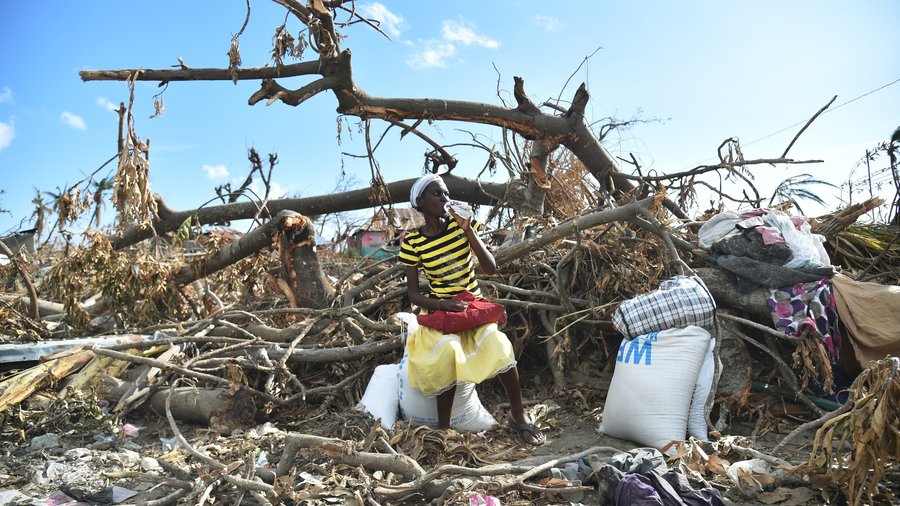I have never visited Haiti, but I have been there through the written words of the late Horace Dade Ashton, his son Marc Ashton, and writers Tracy Kidder and Edwidge Danticat. The first two gentleman gave me the opportunity to help them write The Spirit of Villarosa: A Father’s Extraordinary Adventures; A Son’s Challenge, which debuted on June 28, 2016.
Horace Ashton first visited Haiti in 1906, when he wished to learn more about Voudou. He wrote, “On that first visit I fell in love with Haiti in a way that haunted me for life. The breathtaking beauty of this island paradise rivaled that of anywhere in the world I had visited. I fell in love with its vivid colors and vibrant music; the rich green texture of its mountains beyond mountains; and its turquoise ocean, so clear I thought I could reach down and touch the bottom. I felt an immediate connection to this country and its people, culture, and religion that would ultimately become my home and final resting place.”
Marc Ashton arrived in Haiti as an infant in 1940, when his father was appointed the first Cultural Attaché to the United States Embassy. He grew up on the island, left briefly to attend school stateside, and then returned to care for his ageing parents and begin his own life as a husband, father, and energetic entrepreneur. During the sixty-plus years Marc lived in Haiti, he gave back to the people of the island, recognizing that he was in a unique position to do so.
Tracy Kidder wrote about the extreme poverty in Haiti and the island’s lack of health care for the poor in his book Mountains Beyond Mountains. He describes the Artibonite Valley, Haiti’s breadbasket, and the poverty of the people who live above the dam constructed on the Artibonite River. Kidder accompanied Dr. Paul Farmer, who founded a health clinic in this region, on his “rounds” and tells of the great sacrifices this physician made to care for the poor. Dr. Farmer’s work grew with the help of others to become Partners in Health, a global health organization relentlessly committed to improving the health of poor and marginalized people (www.pih.org). From Kidder and Farmer, I learned about another side of Haiti.
Recently I read eloquent writer Edwidge Danticat’s novel, Clair of the Sea Light, which takes place in the same area as The Spirit of Villarosa. The book contrasts the lives of those who dwell in the grand homes of Ville Rose with those of Cité Pendue. Many of its characters lack a moral compass, as did the characters who kidnapped Marc Ashton fifteen years ago. Danticat describes cultural mores and the magical belief system that abounds on this island nation.
Today Haiti could use a touch of magic, as it attempts to recover from the devastation that Hurricane Matthew caused last week when it struck the island like an angry giant scattering everything in its path. What was not destroyed by the gale-force winds was inundated by endless rain or covered by the storm surge from the tumultuous sea. Perhaps Matthew serves as a metaphor for what happened to Horace Ashton’s beloved island since his first arrival in 1906 to the present day, 110 years later. Nature’s devastation mirrors the political upheaval that marked Haiti during the last half of the twentieth century.
Yet some survive, and they need our help. Without potable drinking water, food, or shelter, they valiantly attempt to regroup. Cholera, ironically brought to the island by relief workers after the 2010 earthquake, places all in imminent danger because they have limited access to health care. The survivors hope and pray that the world will reach out and help them remain and flourish, as they struggle to live in the poorest nation in the western hemisphere.
May Haiti one day return to the island paradise filled with breathtaking beauty that Horace Ashton aptly described. And may we all offer helping hands and our own touch of magic.
Image from NPR

